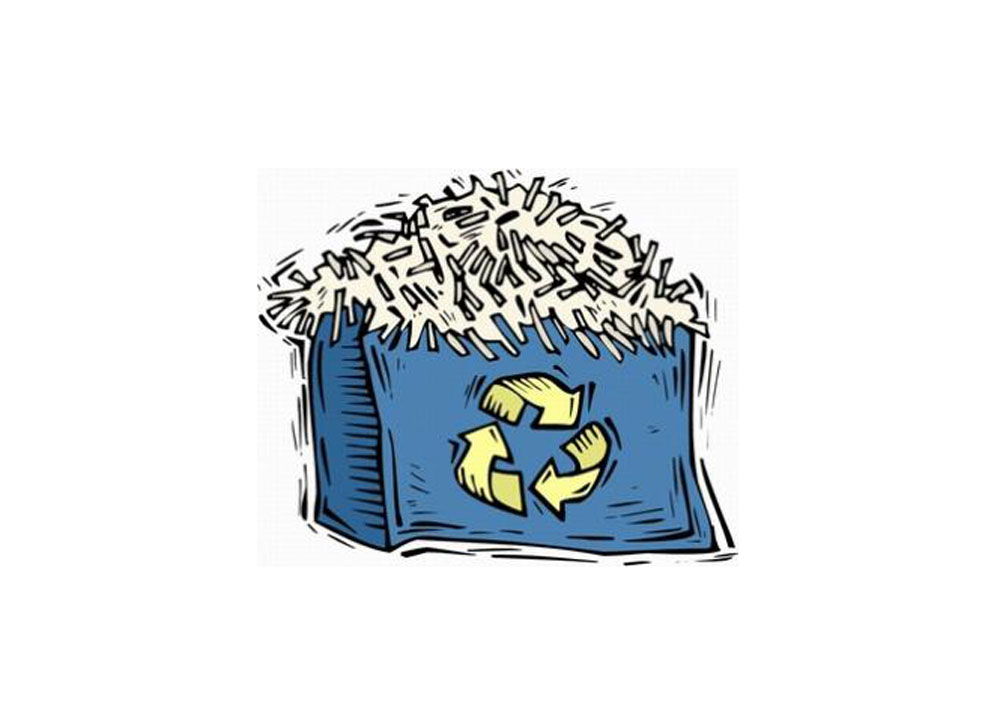I was cleaning out my car today – in preparation for delivering it to its new owners – and I found two sharp-edged unusually shaped pieces of copper in the glove box. They were given to me by a friend, Charles Lewton-Brain, who fashioned them through a process called fold-forming.
Fold-forming is a method of forming sheet-metal into unusual three-dimensional shapes and textures using single sheets of metal. It emphasizes forming using the metal’s characteristics. I know many of my readers are metalsmiths and jewelers, but for those of you who aren’t, metal is a very challenging medium. It is malleable and immovable by turns, so learning to read the metal enough to enlist its characteristics is at least prudent if not brilliant.
As I stood holding those pieces in my hand, I thought of another quote – this one from a guy named
Bruce Mau (thanks Kate!). One of his rules to live by is “break it, stretch it, bend it, crush it, crack it, fold it.”
What incredible permission, to stop being so careful with our ideas, our creations, our relationships, our work. We have more confidence in things that have been stress tested. Stress testing them on a regular basis allows us to find their weaknesses. I remember being told by a friend of mine, when bemoaning an ongoing argument with my spouse, “it’s just conflict, Andrea. Why are you under the impression that conflict is necessarily bad?”
This advice has practical and psychic, personal and business ramifications. I was baking a bunch of loaves of bread and a few pies last weekend, and I realized I was stressing over my kitchen floor. Giving myself permission to make a big mess changed the whole experience for me and my kids – we threw caution to the wind and reclaimed tremendous energy and attention just for baking.
I was lamenting to my mother that I had done the ‘wrong’ master’s work, and now I wasn’t in a position to do the PhD that I was most interested in. After hearing me complain about it for the third or fourth time she asked me why I was so focused on a failed linear progression. “Go do the masters you need then,” she said, and so I am.
The world is filled with people who became a doctor, a lawyer, a dentist, a something that required significant investment of time and money – and hate their careers. But they can’t do something different, because they would be ‘wasting’ all that effort. There are business owners who cling to losing propositions because they would have to admit they were wrong, and managers who refuse to change their approach because . . . why? We even excoriate our politicians for changing their minds – but that’s what intelligent, critical thinkers do when presented with new information.
Now that the car is out of the garage, I’m going to spend the afternoon packing it (we’re moving, remember). And what I’m looking forward to, in the midst of all that physical activity, is doing a mental inventory of all the ideas, plans, relationships, and impressions that could benefit from being broken, stretched, bent, crushed, cracked or folded. Like metal, our lives and our careers have characteristics that need to be understood, to be honored, in order to grow. This process isn’t supposed to be painless, and since the characteristics change all the time, there isn’t supposed to be an end to it either.
We hold the power for the most profound sort of transformation, of our businesses, of ourselves, in our hands. Like I’m holding these crinkly pieces of copper.
(c) 2007, Andrea M. Hill











